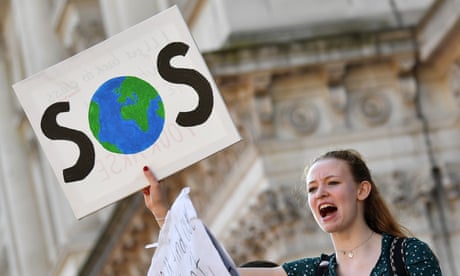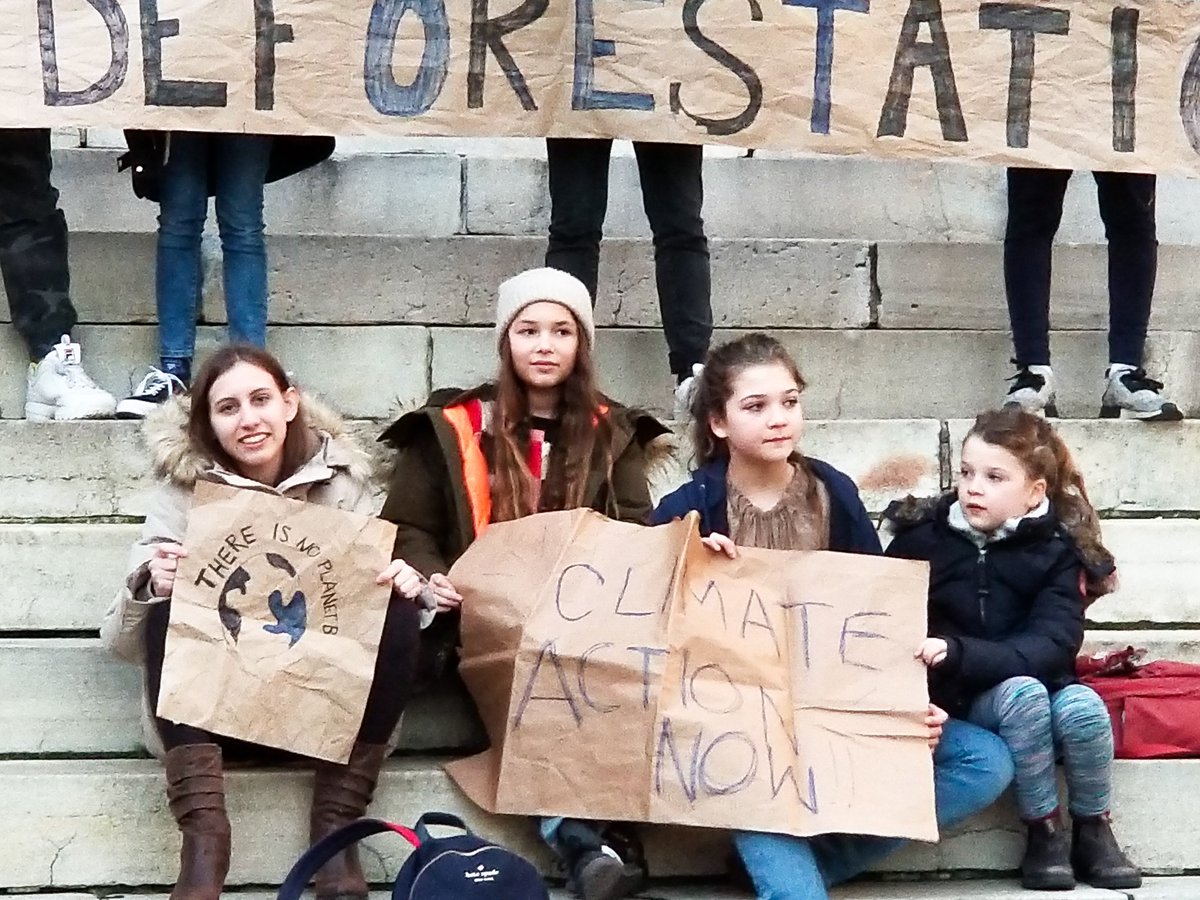STEM
Climate Change
Children
The late science educator Mary Budd Rowe, whom I have referred to in past posts, gave some remarkable advice to science educators in the final chapter of an also remarkable science methods text (Teaching Science as Continuous Inquiry).
She used a heuristic device to help us think about what we want school science programs to achieve...to aim for as opposed to merely thinking about a particular program. She set up symposium in which proponents of various kinds of science education programs described and made a pitch for their "unique" program.
At the end, the chair of the symposium made some comments in which significant program similarities were noted, e.g., the programs urged teachers to give their students "the time they need to become actively involved in conducting their own investigations. They expect plenty of mistakes--indeed they accord the student the right to be wrong, to learn from mistakes by retracing one's steps or by reorganizing one's procedures."
I have always been very fond of the recommendations that followed--good habits of mind. What if "students learned to ask the following questions routinely--"
On Evidence:
What do I know?
Why do I believe it?
What is the evidence? Do I have it all?
Where did the evidence come from? How good is it?
On Inference:
What do I make of it?
What are all the possible interpretations?
On Action:
What must I do with what I know?
What possible actions should I take?
Do I know how to take action?
On Evaluation:
What does it all mean?
Do I value some outcomes more than others?
Why?
In subsequent publications, Rowe (and others) refined these, e.g., What must I do with what I know? What are the options? Do I know what would happen if...? Do I care? Does anyone care? Who cares? and so on. You get the idea.

In its history of these movements, the Wikl entry states that "On 20 August 2018, Greta Thunberg, then in ninth grade, decided to not attend school until the 2018 Sweden general election
on 9 September after heat waves and wildfires in Sweden. She asserts that this move was inspired by the teen activists at Parkland Marjory Stoneman Douglas High School in Florida, who organised the March for our lives. Her demands were that the Swedish government reduce carbon emissions as per the Paris Agreement, and she protested by sitting outside the Riksdag every day during school hours with the sign Skolstrejk för klimatet (school strike for the climate). On 7 September, just before the general elections, she announced that she would continue to strike every Friday until Sweden aligns with the Paris Agreement. She coined the slogan FridaysForFuture, which gained worldwide attention. She inspired school students across the globe to take part in student strikes." (see the Wiki entry for links)
The video clips and news reports I've seen about this event feature students who have thoughtfully answered the kinds of questions Rowe asked. Here are two among several.
One is print, an article written for The Guardian with photos and links by 17-year-old student leader Rosie Smart Knight about the strike held in England on February 15 2019.
There will be a strike in the United States on March 15 2019. Here is an article and interview by CBS reporters Jeff Berardelli and Haley Ott with 13-year-old student leader Alexandria Villasenor, the lead organizer of the US Youth Climate Strike. They note a Minnesota connection. "In New York, Villasenor is working to influence change with the help of two other teens -- 15-year-old Isra Hirsi who is the daughter of Democratic Rep. Ilhan Omar from Minnesota, and 12-year-old activist Haven Coleman."
I highly recommend a long article about Villasenor written by science reporter Sarah Kaplan for the Washington Post.
 Somoni Sengupta of the New York Times wrote a article about Greta Thunberg entitled "From an 'Invisible Girl' to an Outspoken Climate Crusader." If you are interested in who she is and how she became the public Greta (it in the beginning) please read it. Sungupta characterizes Thunberg as "Wry. Blunt. Sometimes sarcastic. The opposite of sweet," to wit the following.
Somoni Sengupta of the New York Times wrote a article about Greta Thunberg entitled "From an 'Invisible Girl' to an Outspoken Climate Crusader." If you are interested in who she is and how she became the public Greta (it in the beginning) please read it. Sungupta characterizes Thunberg as "Wry. Blunt. Sometimes sarcastic. The opposite of sweet," to wit the following.
“It’s sometimes annoying when people say, ‘Oh you children, you young people are the hope. You will save the world’” she said, after several grown-ups had told her just that. “I think it would be helpful if you could help us just a little bit.”


No comments:
Post a Comment